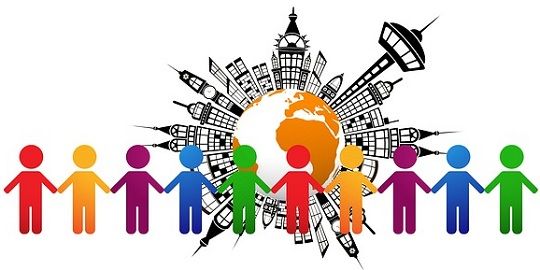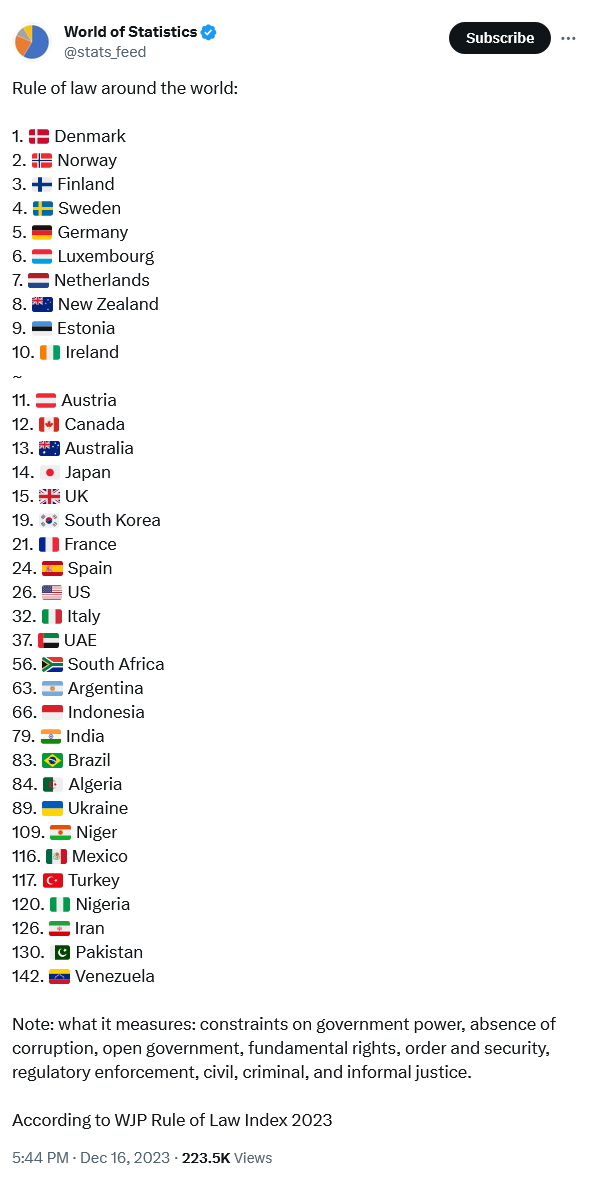تہذیب اور تمدّن میں کیا فرق ہے
"تہذیب کے لغوی معنی ہیں ـ: کانٹ چھانٹ کرنا ، پاک صاف کرنا ،سنوارنا اور اصلا ح کرنا ، آراستہ وپیر استہ کرنا،شائستہ بنانا ، عیوب کو دور کرنا ۔"
عام اصلاح میں تہذیب سے مراد ہے ۔ خا ص ذہنی ساخت جس سے افرا د ملّت کے سیرت و کر دار کی تشکیل ہو تی ہے ۔ آج کل لفظ تہذیب کسی قو م کی زندگی کے خدوخا ل رسم و رواج اصول و ضوابط اور طرز بودوباش اور رہن سہن کیلئے استعمال ہو تا ہے ۔ جبکہ ایک قوم کے چال چلن جو اسے دوسری قومو ں سے ممتاز کریں تہذیب کہلاتے ہیں۔تہذیب کو انگریزی کے لفظ کلچر [Culture]کی بہترین معنی تسلیم کیا گیا ہے ۔ اگر موجودہ دور کا جائزہ لیں تو کلچر ایک وسیع مفہو م کا حامل ہے جو زندگی کے ہر شعبے پر حاوی ہے۔ اس میں اخلاق ، عادات ، معاشرت ، سیا ست ، مصنوعات، قانون، لباس و آرائش، طعام ، رہن سہن ، آرٹ ، موسیقی ، ادب ، فلسفہ ، مذہب اور سائنس سب کچھ شامل ہے ۔ کلچر میں کسی قوم کے محاسن اور معائب سب کچھ شامل ہیں ، اسی لئے تہذیب بھی ایک بڑا فہم کا مرکز لگتی ہے۔اور لغت کے اصل مفہوم سے دور چلی گئی ہے ۔ اور اس میں ایک طرف عبادات، لب و لہجہ شامل ہیں جبکہ دوسری طرف اس کے برعکس ناچ گانا تک اس کے جزو بن گئے ہیں ۔
تمدّن کے معنی ہیں : شہر بسانا،شہری زندگی اختیا ر کرنےکے ہیں۔ تمدّن سے مراد وہ باتیں ہیں ۔ جو (Civilization )میں شمار ہو تی ہیں ۔ مثلاً ’’شائستہ مزاجی، نرم لہجہ، مہمان نوازی کے طریقے، ‘‘بودو باش ’’ شہری و دیہاتی زندگی کے رہن سہن اپنانے کے طور طریقے‘‘ وغیرہ ۔ تمدّن حقیقت میں ضروریات زندگی کی بڑھتی تبدیلی و جدّت کی پیداوار ہے۔ انسان کی ضروریات رفتہ رفتہ تمدّن کو جنم دیتی ہیں ۔ یہ بات نظر انداز نہیں کرنی چاہیے کہ تمدّن کا تہذیب سے گہرا تعلق ہے بلکہ یہ اسی کی شاخ ہے۔
تہذیب کاتعلق نظریات سے ہو تا ہے اور تمدن کا اعمال سے ۔ تمدّن اصل میں کسی خاص تہذیب کی عملی صورت کا نام ہے ۔ یہ کہا جا سکتاہے کہ تہذیب اصل ہے اور تمدّن اس کی نمائندگی کا ذریعہ ۔ جو کسی مخصوص جغرافیائی ماحو ل میں پیدا ہو تی ہے جیسے ہندوستانی تہذیب ،چینی، ترکیہ و عرب تہذیب کے نمائندگی ان کی مہمان نوازی و رہن سہن سے ہوتی جو جدید دور کے ساتھ ساتھ چل رہی ہے۔ لیکن جب مختلف تمدنوں کا تجزیہ کیا جائے تہذیب کی وحدت کی بنا پر ان میں کسی حد تک یگانگت ضرور پائی جاتی ہے اور یہ ثابت ہو جائے گا کہ اختلاف بالکل معمولی قسم کا تھا ، یگانگت کا سبب یہ ہے ، کہ اصل میں تمام شاخیں ایک ہی تہذیب کے اجزاء ہیں ،تہذیب اور تمدن کا آپس میں بڑا گہرا تعلق ہے چوں کہ تہذیب نام ہے نظریا ت کا ، اور نظریا ت کے بغیر کو ئی تمدن وجو د میں نہیں آسکتا ۔ تہذیب اور تمدن کا تعلق جسم اور روح جیسا ہے۔ تہذیب روح ہے اور تمدن اس کا جسم یا بیج اور درخت کا سا تعلق ہے ۔ بیج تہذیب ہے اور تمدن اس سے پیدا ہو نے والا درخت ۔
جیسا کہ ہم جانتے ہیں تہذیب نظریات سے جنم لیتی ہے اور نظریا ت انسا ن کو دین عطا کرتا ہے اور یہ حقیقت ہے کہ انسا ن کے تمام اعمال کا سر چشمہ اور منبع اس کا دل ہے اور دل پر اس کے بنیا دی نظریا ت اور اعتقادات کی حکمرانی ہو تی ہے ۔ گویا کہ یہ بنیا دی افکار انسان کی سیرت و کردار کو ایک خاص سانچے میں ڈھال دیتے ہیں۔













